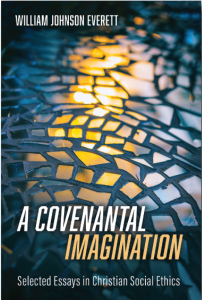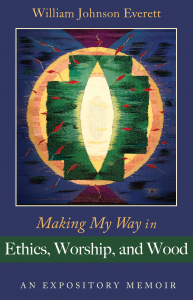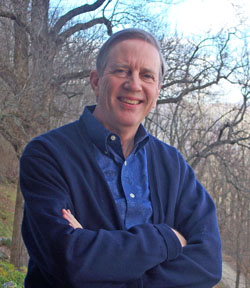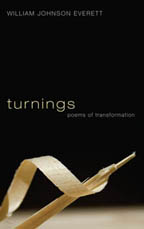For some months I have been helping to prepare for a conference on restorative justice that will take place this weekend, September 30 and October 1. Entitled “Re-visioning Justice,” it will be held at Lake Junaluska Conference and Retreat Center here in western North Carolina. Professor Howard Zehr, of Eastern Mennonite University, will be speaking and leading workshops on issues of restorative justice, criminal justice reform, and the relation of photography to social imagination. He is the author of Changing Lenses: A New Focus for Crime and Justice, The Little Book of Restorative Justice, and several volumes of photography related to these themes, including The Little Book of Contemplative Photography and a series of very attractive photographic volumes about prisoners, their families, and victims of crime. For more about the conference (it’s not too late to come!), CLICK HERE.
The recent execution in Georgia of Troy Davis, after twenty years of protracted litigation, is just the latest evidence of the complete corruption of the death penalty. Beyond that, as Ross Douthat pointed out Sunday in the New York Times, the pointless system of automatic long prison terms or interminable death penalty waits, presents an even more pervasive and absurd punishment system. In this system society pays out billions to have the supposed satisfaction that “justice (i.e. retribution) has been served.” At the same time, many families are deprived of parents who might be helped to raise better families and thus reduce the supply of damaged young adults who fill our prisons, along with the elderly inmates on life sentences.
In fact, what we have is an enormous and insatiable system of human sacrifice in which people, especially the poor and ethnic minorities, are offered up to the god of “justice,” behind which lurk the gods of fear and human alienation. We offer people up to this system in hopes that it will create more security, greater happiness for the majority, and moral approval for all. In fact, it does not. Other societies like us live quite well without this monstrous apparatus.
Howard Zehr shows us a better way, one that seeks to repair and restore victims, offenders, and the people around them. If you can’t come to meet him personally, pick up one of his little books and look through his lens at a very different and I believe a much better world.







 Red Clay, Blood River
Red Clay, Blood River